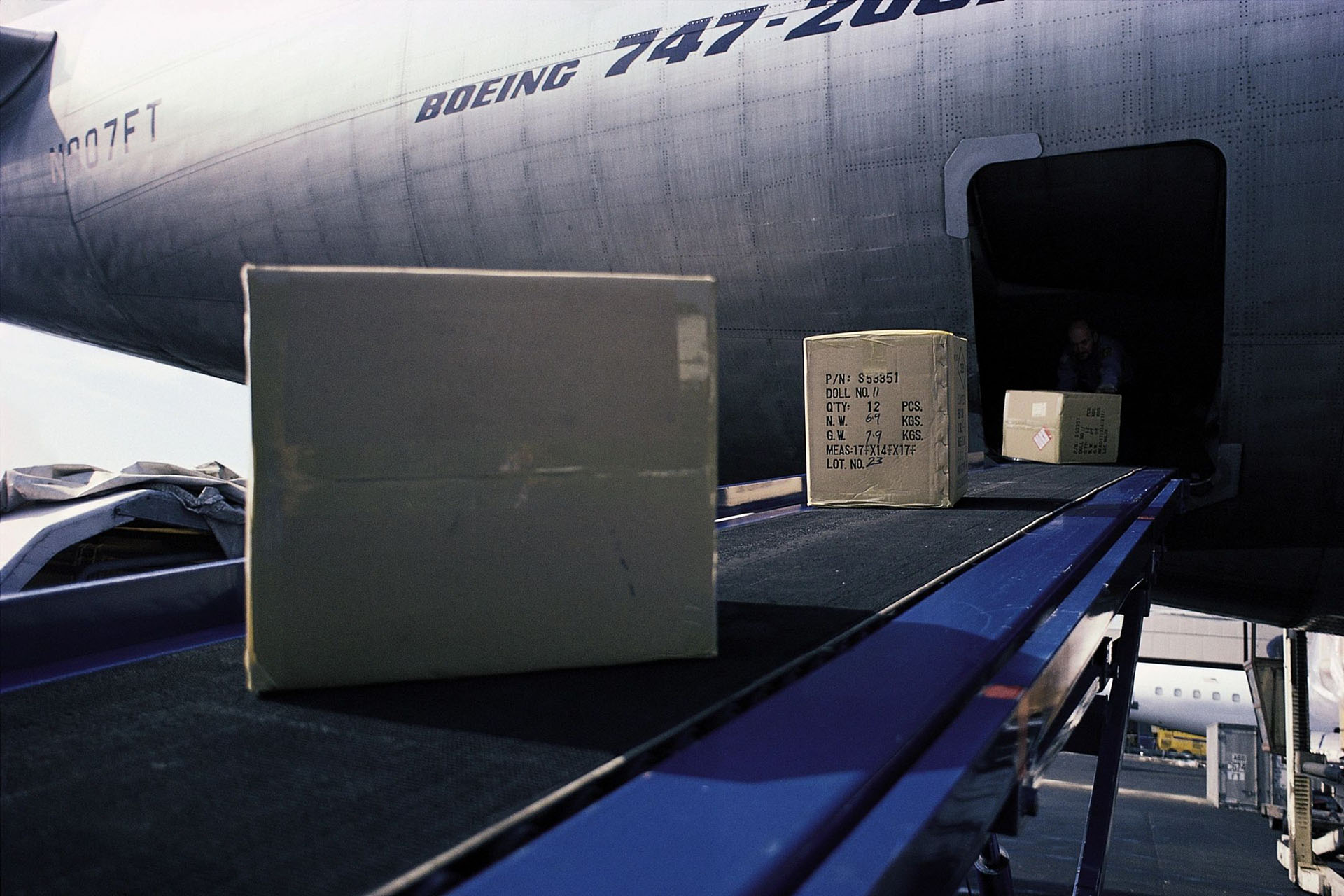
Canadian Customs Compliance: What Importers Need to Know
Published: July 18, 2024
Importing goods into Canada opens doors to a world of opportunity for businesses. From expanding product selection to reaching new customer segments, the benefits are undeniable. However, venturing into the realm of international trade comes with its own set of challenges, and navigating Canadian Customs compliance can feel like a complex maze. Don’t stress! Ramsay Customs and Logistics is here to equip you with the essential knowledge to ensure your shipments flow smoothly through Canadian customs.
The Key Players
Understanding the key players involved in Canadian Customs compliance is the first step towards a successful import experience. Here’s a breakdown of the essential roles:
- Canada Border Services Agency (CBSA): The CBSA is the federal government agency responsible for enforcing Canada’s customs laws and regulations. They assess duties and taxes, conduct risk assessments on shipments, and ensure compliance with import restrictions.
- Customs Broker: A licensed customs broker acts as your trusted guide through the Canadian customs maze. They possess in-depth knowledge of customs regulations, classifications, and procedures. A Calgary-based customs broker, for example, can provide localized expertise specific to the Canadian customs landscape in Alberta. They can handle everything from the classification and valuation of your goods to preparing the necessary documentation and interacting with the CBSA on your behalf.
Pro Tip: Hiring a reputable licensed customs broker like Ramsay Customs & Logistics in Calgary takes the stress out of navigating Canadian customs compliance. Our team of experienced professionals ensures your imports meet all regulations, saving you time and minimizing the risk of delays or penalties.
The Essential Documents
Equipping yourself with the necessary documentation is crucial for a smooth customs clearance process. Here are some key documents to have on hand:
- Commercial Invoice: This document details the transaction between you and the exporter, including product descriptions, quantities, unit prices, and total value.
- Bill of Lading (BOL): Issued by the carrier, the BOL serves as a contract of carriage and provides details about the shipment, including origin, destination, shipper, and consignee.
- Packing List: This document offers a detailed breakdown of the contents of your shipment, including item descriptions, quantities, and weights.
- Certificate of Origin: This document verifies the country where your goods were manufactured. It may be required depending on the type of good and the free trade agreement in place.
Remember: Additional documentation might be necessary based on the specific goods you’re importing. A qualified Calgary customs broker can advise you on the exact documents required for your situation.
Common Pitfalls in Canadian Customs Compliance
Even the most prepared importers can encounter roadblocks during customs clearance. Here are some common pitfalls to be aware of:
- Incorrect Commodity Classification: Classifying your goods accurately under the Canadian Customs Tariff is vital. Misclassifying your goods can lead to delays and assessments of incorrect duties and taxes.
- Incomplete or Inaccurate Documentation: Missing or inaccurate information on your customs documentation can significantly slow down the clearance process.
- Failure to Comply with Import Restrictions: Certain goods may be subject to import restrictions or require special permits. Ensure you understand any limitations or specific requirements for the goods you’re importing.
Partnering with a Customs Broker: A skilled customs broker can help you avoid these common pitfalls. Their expertise in Canadian customs regulations ensures your documentation is accurate and complete, minimizing the risk of delays and penalties.
Benefits of Staying Compliant
Navigating Canadian customs compliance may seem daunting, but the rewards are substantial. Here’s what you gain by ensuring your imports comply with all regulations:
- Reduced Risk of Delays and Penalties: Following proper procedures minimizes the chance of your shipment being flagged for additional scrutiny by the CBSA, leading to faster clearance and avoiding costly penalties.
- Predictable Costs: Proper classification and valuation of your goods ensure you pay the correct duties and taxes, allowing for accurate budgeting and cost control.
- Peace of Mind: Knowing you’ve adhered to all Canadian customs regulations provides peace of mind, allowing you to focus on running your business.
By understanding the key players, essential documents, and potential pitfalls involved in Canadian customs compliance, you’re well on your way to a successful import experience. Remember, partnering with a reputable Calgary customs broker like Ramsay Customs & Logistics equips you with the expertise and guidance needed to navigate the complexities of Canadian customs and ensure your shipments arrive at their destination smoothly and efficiently.
Contact Ramsay Customs and Logistics to discuss your customs and logistics needs today!